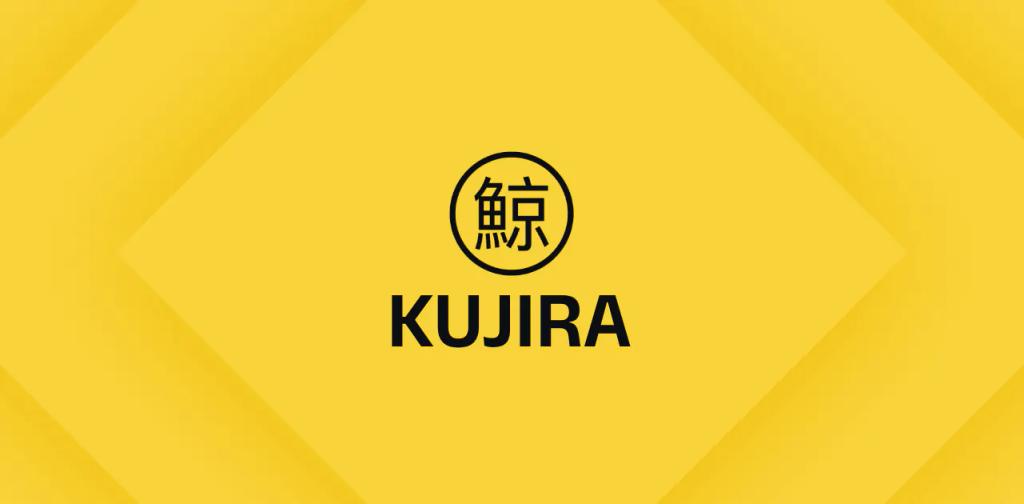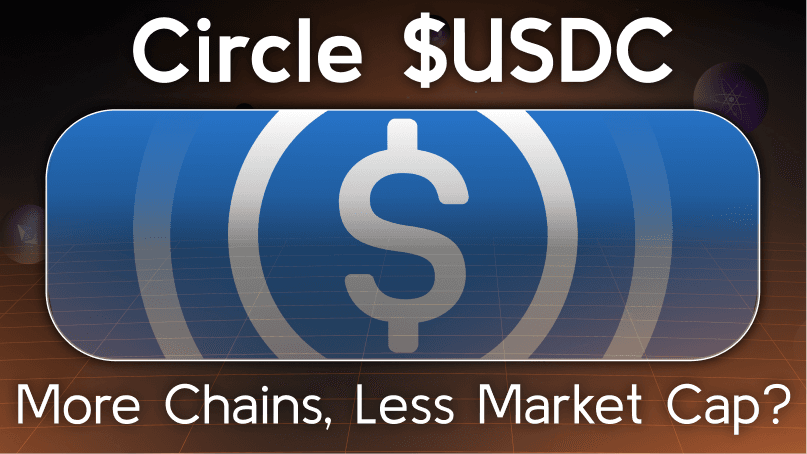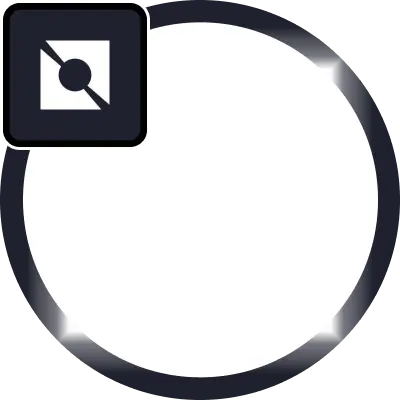Background and History
Rocket Pool was launched in November 2021 as a response to the centralization risks posed by traditional staking services. The project was built to provide a decentralized alternative that allows more people to participate in Ethereum staking, regardless of the amount of ETH they hold. The protocol’s development focused on creating a user-friendly and secure staking experience that promotes decentralization, an essential principle for the long-term success of Ethereum.
Rocket Pool’s key innovation is its ability to allow users to participate in staking with as little as 0.01 ETH while offering node operators the opportunity to run nodes with only 16 ETH—half the amount required by Ethereum itself. This approach has significantly increased the number of validators







